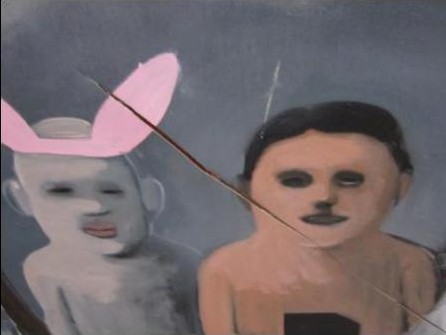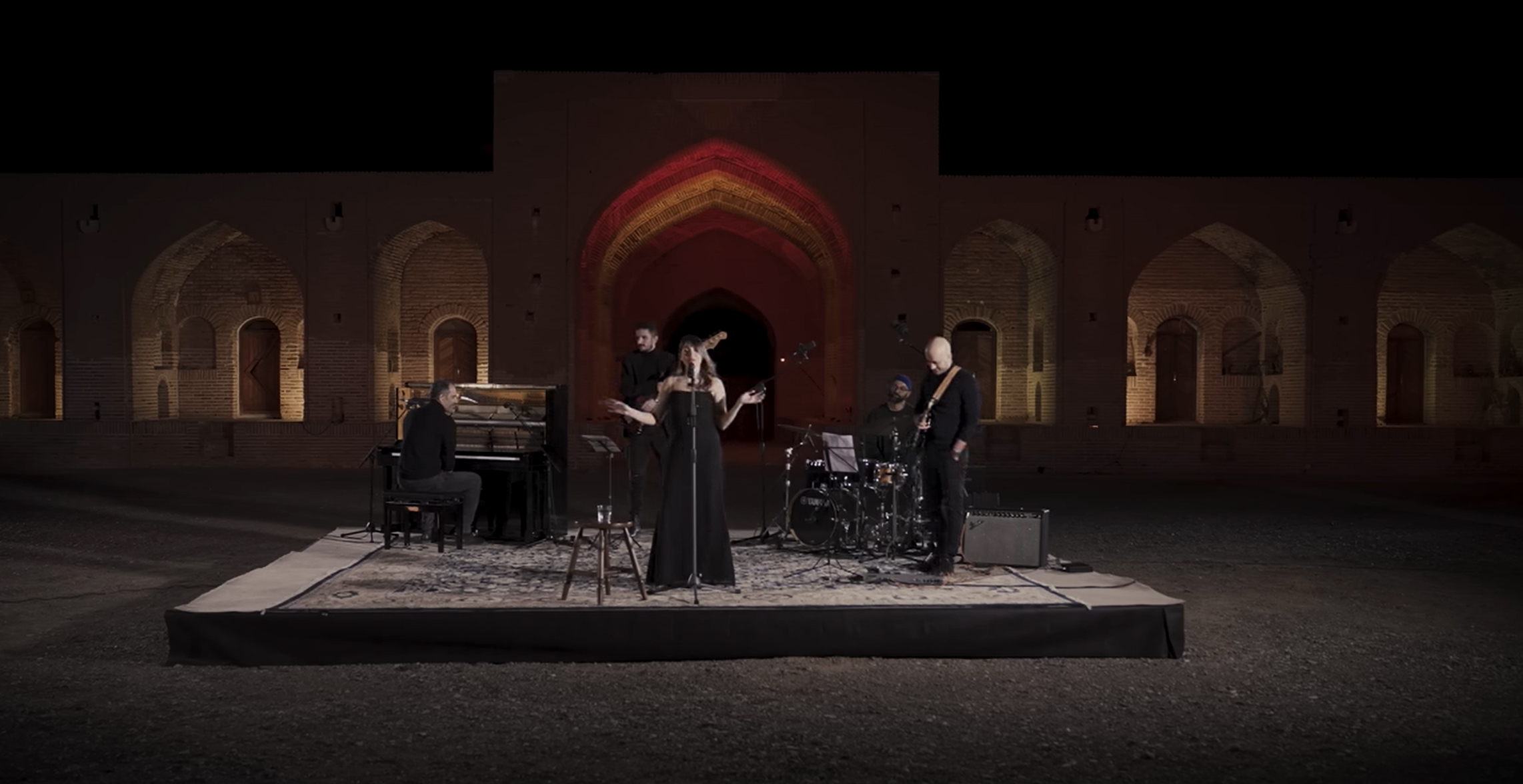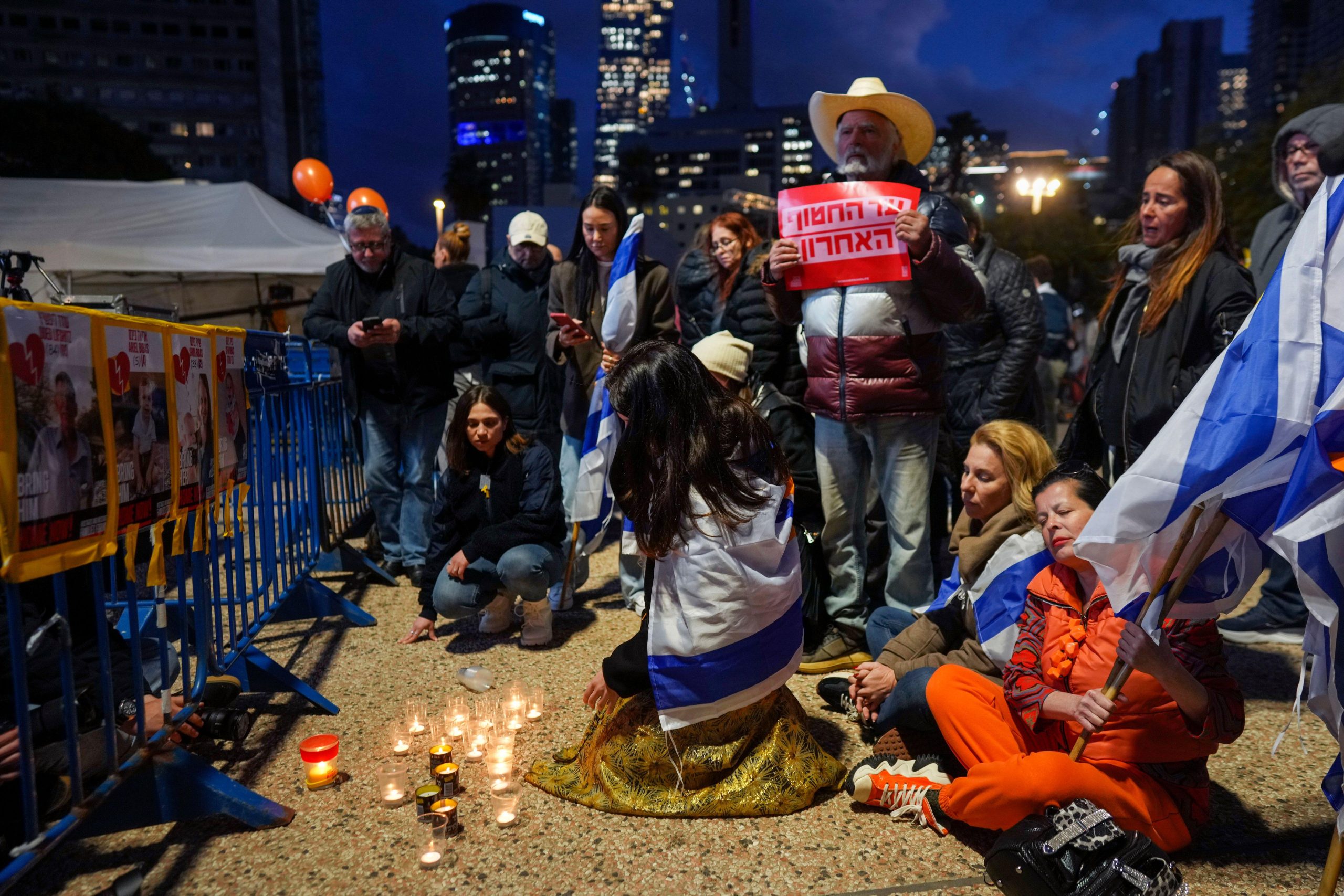The Tunis Printemps des Arts (Spring of Arts), a modern contemporary art fair, ended on 10 June after 10 days of exhibitions and competition. The closing ceremony, which was supposed to be a celebration of art, was characterised by controversy, censorship and violence.
One of the artworks in question illustrates a naked woman, whose intimate parts are covered by a Couscous plate (a popular Tunisian dish). The woman is surrounded by dark, bearded men. The second work illustrates a bearded superman carrying another bearded man in his arms.
“They said that they would come back at 6 pm, and that they would rather not find the paintings,” said Aicha Gorgi, a gallery owner and artist. “They did come back at 6pm, their number grew, and they gathered in front of Palais El-Abdelia,” she added.
Police interfered to prevent any clashes between the artists and the ultra-conservative group. But later on in the night and after the closure of the art gallery, the ultra-conservatives came back in larger numbers and succeeded in invading El-Abdelia art gallery. They burned and destroyed a number of artworks.

“Police did not allow them to enter, but they climbed over the rear walls and entered the gallery,” Gorgi said in a testimony given to Radio Mosaïque FM. “They burned the work of Faten Gaddass, and tore to pieces two linen artworks, one by Mohamed Ben Slama, and the second by a French artist. At my stand, I also found Aicha Filali’s work destroyed.”
This is not the only censorship story which characterised this year’s Printemps Des Arts edition. Last week, young Tunisian artist Elektro Jaye claimed that the state put pressure on the fair’s organisers to take down his work.




